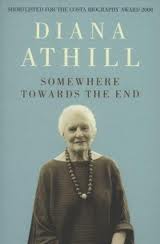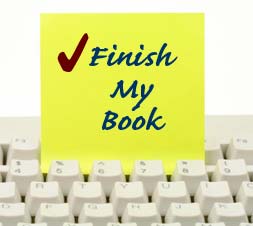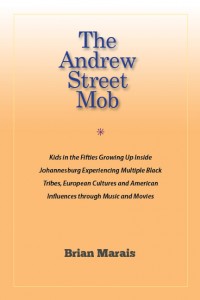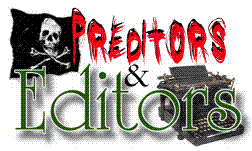Lessons from a Self Publishing Author's Experience
Biff Barnes
“[I spent] six years sailing around the world. Three years writing about it,” says Larry Jacobson.
The result was a book, The Boy Behind the Gate, which Jacobson recently self published. He discussed his experiences in a recent post on The Book Designer Blog titled 8 Keys to Self Publishing Success. Jacobson’s book was intended for commercial distribution, but his observations are interesting for authors planning both commercial distribution and limited non-commercial distribution to family and friends.

The first, and in some respects most daunting, challenge he faced was planning and organizing the project. “Fortunately for me, I had been and continued keeping my ship’s logs and personal logs. I also had hundreds of emails back and forth with friends and family,” said Jacobson. “All of this documentation left with me nearly 2,000 pages to work from, and I was truly overwhelmed.” Developing a sound outline involved making decisions about the book’s intended audience, goals, illustrations, and format.
Once he had a draft of his manuscript, Jacobson had to make some critical decisions about how much help he would need to bring it to publication. The first regarded editing the draft. Jacobson said, “I have always enjoyed writing but knew I had limitations. Be smart enough to know what you don’t know. I hired a professional editor and we worked together for almost two years on three very intense edits/revises/re-writes.”
With a fully edited manuscript in hand Jacobson again decided he needed help, this time from a book designer. “I know how to use Word on the computer and I have iPhoto, so why couldn’t I just do the design and layout myself? (Laugh Out Loud),” he said. “Not a chance-I tried a couple of pages-and knew I needed a professional.”
Finally Jacobson explored his publishing options and decided on self publishing. “While I do know that publishers supposedly have the distribution down, in a world where distribution of books is no longer set in its ways,” he reasoned, “I decided to go alone and start my own publishing company. I didn’t have the time or patience to deal with a publishing house…even if they were interested.”
The lessons from Jacobson’s experience for anyone considering self publishing are clear. First, take the time to develop a clear plan for the book which will allow you to write a good draft. Second, decide where you need professional help in preparing the manuscript for publication. Finally, consider the options concerning the publisher or printer who can best meet your goals for the book.
Click here to read Larry Jacobson’s post.









